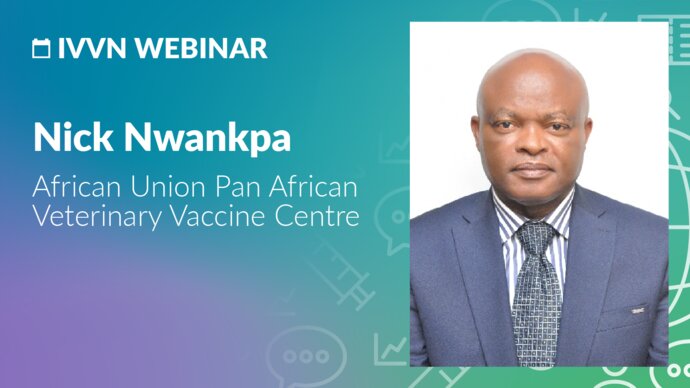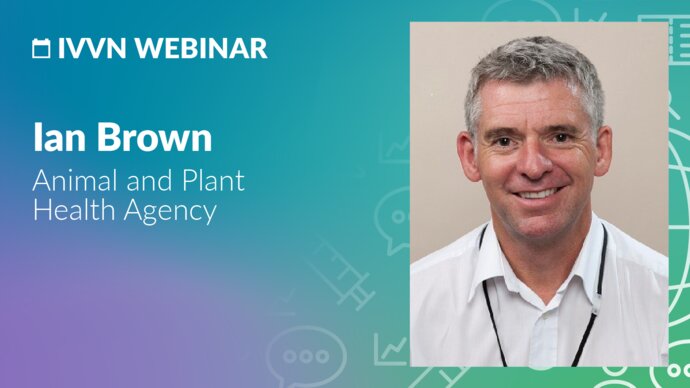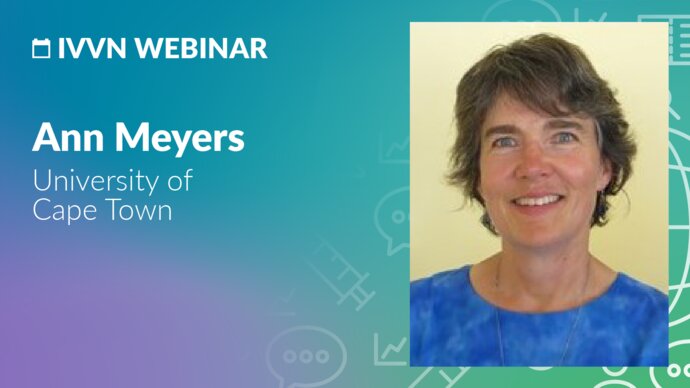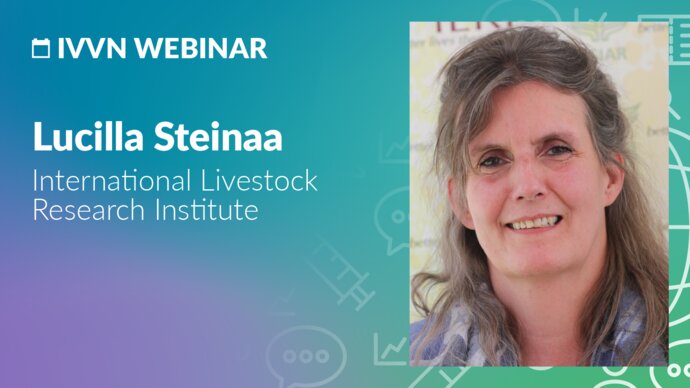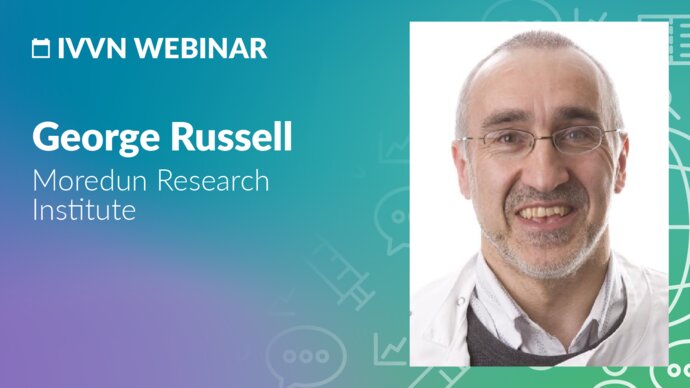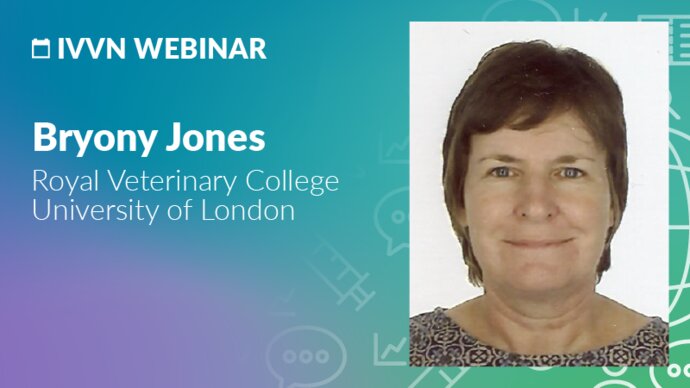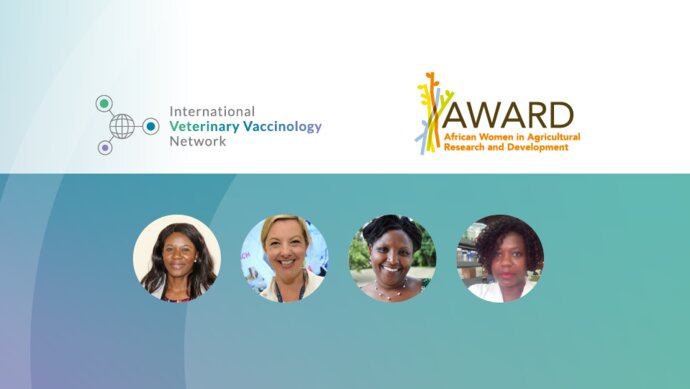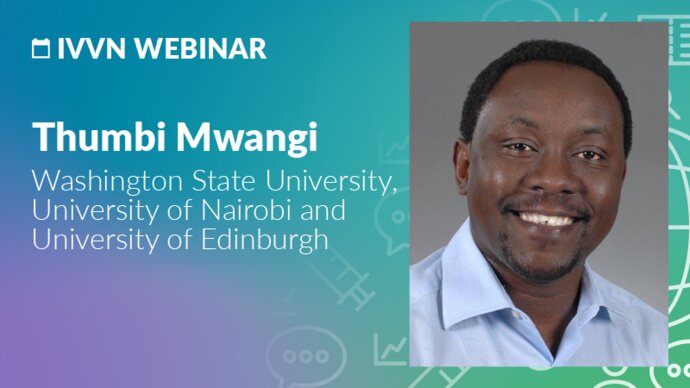Global health vaccines: platforms and progress
In this International Veterinary Vaccinology Network webinar, Professor Adrian Hill discussed platforms and progress in global health vaccination, including efforts to develop vaccines for malaria and Covid-19. The session was chaired by Professor Brian Perry, a member of the IVVN's Network Management Board.
Abstract
The last eighteen months have been remarkable for many vaccine researchers with the opportunity to develop vaccines against a new human coronavirus at record speed, with unprecedented amounts of financial support and public attention. This has led to remarkable progress by several partnerships all aiming to provide effective vaccines but with varying levels of interest in equitable global access for the products in development. The vaccine field now has access to unprecedented comparative data, with the same viral spike antigen, in many species including humans, evaluating leading vaccine types including little deployed viral vectors and previously unvalidated RNA vaccines. I will review some of this progress from a personal perspective. In parallel, work on a vaccine against a much more difficult target disease, malaria, has progressed significantly and has facilitated the COVID vaccine field in some unexpected ways.
About the speaker
Adrian Hill KBE FMedSci FRS is Director of the Jenner Institute and Lakshmi Mittal & Family Professor of Vaccinology at the University of Oxford. In 2005 he founded the Jenner Institute at Oxford, an initiative aimed at accelerating public sector vaccine development for a range of infectious diseases, and partnered with the Pirbright Institute on veterinary vaccine development.
From 1997 he developed candidate vaccines for malaria which induce cellular immunity and conferred partial efficacy using adenovirus and modified vaccinia Ankara (MVA) viral vectored vaccines in a prime-boost regime. From 2005 he has played a leading role in the pre-clinical and clinical assessment of new chimpanzee adenoviral vaccine vectors, particularly ChAd63, ChAd3 and ChAdOx1. His group has now designed and developed numerous candidate vaccines against malaria which have been tested in clinical trials in the UK and Africa.
In 2014, he led a clinical trial of an Ebola vaccine based on chimpanzee adenoviral and MVA vector technology in response to the West African Ebola virus epidemic. In response to the 2020 COVID-19 pandemic he worked with many others at Oxford to develop and partner the ChAdOx1 vector-based SARS-CoV-2 vaccine, notably with AstraZeneca and the Serum Institute of India, supporting large scale access for low- and middle-income countries.
In 2021 his group reported high efficacy of a new R21/matrix-M candidate vaccine in Burkina Faso children and this vaccine is now in a phase III licensure trial in partnership with the Serum Institute of India.
